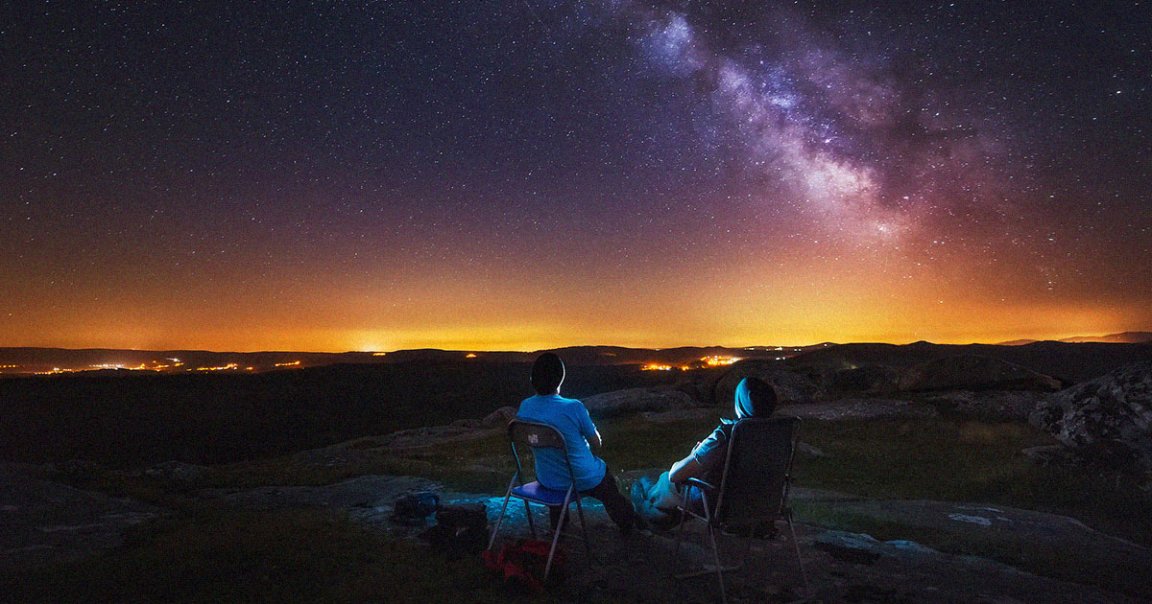
Sky Grief
If you’ve found yourself mourning the ability to see stars in the night sky, you aren’t alone.
As Flatiron Institute astrophysicist Paul Sutter writes for Space.com, this feeling is so prevalent that astronomers have come up with a name for it.
Presented back in June in both a yet-to-be-peer-reviewed paper and a letter published in the journal Science, the term represents a distinct form of “sky grief,” or the feeling of a deep sense of loss for the nighttime smattering of stars and constellations that humans in urban environments rarely get a glimpse of.
The astronomers have dubbed this phenomenon “noctalgia” — and yes, it has us in our feels, too.
Noctalgiacore
Though stars are still visible in rural and sparsely populated areas, those who live in or nearby cities are hard-pressed to get a view of even the sky’s brightest stars, with scientists reporting in a different June study that Earth’s sky has, on average, gotten brighter by about 9.6 percent every year since 2011.
The original inventors of the term argue that this excess of light — which has gotten much worse with the advent of LED lights — impacts several aspects of human life and society.
Humans and animals alike follow embedded circadian rhythms, or an internal system that follows the Earth’s 24-hour cycle, and research has shown that light pollution can disrupt these natural cycles.
Light pollution confuses these light-dependent patterns, making some animals especially vulnerable to predators or, conversely, rendering predators unable to hunt. Elsewhere, the phenomenon is also known to hamper breeding and migration patterns.
Physiological effects aside, the astronomers also argue that the phenomenon represents a cultural loss. After all, human societies have long been built around natural light cycles, and the celestial realm above us has been a source of mythology, religion, and wonder for thousands of years. Without the night sky as a visible anchor, it’s certainly worth asking: who are we?
Noctalgia “represents far more than mere loss of environment,” the researchers wrote in the June ArXiv submission, adding that “we are witnessing loss of heritage, place-based language, identity, storytelling, millennia-old sky traditions and our ability to conduct traditional practices grounded in the ecological integrity of what we call home.”
More on noctalgia: Stars Are Disappearing from the Night Sky, Scientists Warn